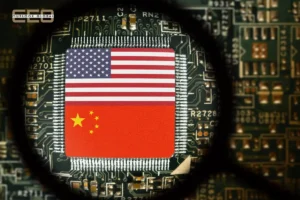
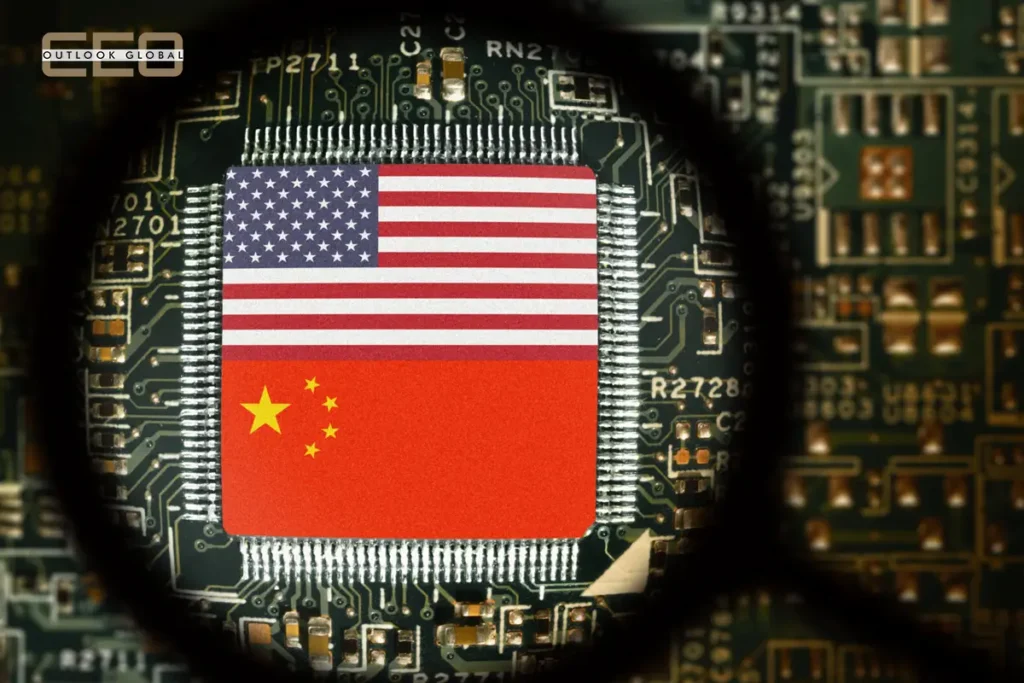
Taiwan rejected the U.S. proposal for a 50-50 split in global semiconductor production, a significant shift from the current Taiwan-focused approach, which Taiwan’s negotiator found unacceptable.
Led by U.S. Commerce Secretary Howard Lutnick, the plan aimed to overhaul the high-tech supply chain. Taiwan’s quick rejection signifies a diplomatic and economic deadlock in Washington’s pursuit of a diverse chip manufacturing future.
Taiwan’s Vice Premier Cheng Li-chiun strongly denied that her negotiating team discussed or agreed to the U.S. proposal for a 50-50 semiconductor split.
Contradicting the U.S., Cheng told reporters after her return that the main condition was not discussed: “Rest assured, we did not discuss this during talks, nor would we agree to such conditions.”
The U.S. Commerce Department and the Office of the U.S. Trade Representative did not respond immediately, deepening the deadlock over the supply chain.
Taiwan, home to TSMC and a key semiconductor hub, is leveraging its importance to the U.S. to advocate for reduced trade barriers.
Despite TSMC‘s $65 billion investment in Arizona, a key expansion to its operations in Taiwan, the island’s exports still face a 20% U.S. tariff.
With Premier Cho Jung-tai confirming ‘critical substantive consultations’, Taiwan is evidently focusing on securing a more favourable tariff rate as its top priority in the ongoing high-stakes trade negotiations.
Also Read – OpenAI Teams with Etsy, Shopify on ChatGPT Checkout
In a move of economic diplomacy, Taiwan’s President Lai Ching-te announced that a delegation will purchase $10 billion in U.S. agricultural goods, including soybeans, corn, and beef, over the next four years. This innovative commitment to the U.S. farm business was confirmed following Lai’s meeting with a visiting U.S. trade official.




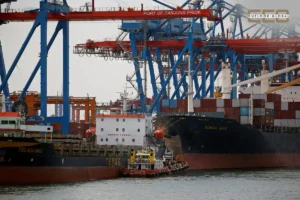

Never miss any important news. Subscribe to our newsletter.
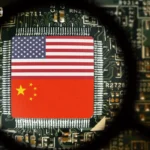






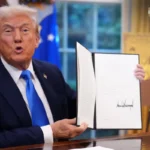
Never miss any important news. Subscribe to our newsletter.
Copyright 2025 CEO Outlook Global. All rights reserved.